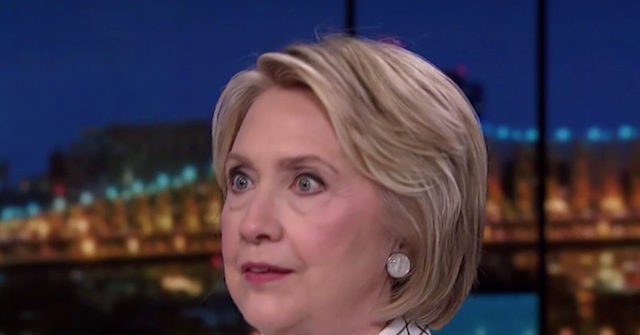In a recent segment on CNN’s “Inside Politics,” reporter Priscilla Alvarez highlighted the escalating concerns surrounding Vice President Kamala Harris’s 2024 presidential campaign. The sentiment among Democrats, allies, and aides is increasingly one of anxiety reminiscent of the 2016 election, where Hillary Clinton faced unexpected challenges against Donald Trump. Alvarez characterized Harris’s campaign initially as one filled with positivity, yet she noted that underlying tensions are surfacing due to stagnant poll numbers. Despite efforts to energize the campaign through various blitzes in battleground states and extensive media appearances, Harris has struggled to swing undecided voters in her favor.
This growing anxiety within Harris’s camp stemmed from a palpable fear of repeating the mistakes observed during the 2016 election. Alvarez pointed out that several Democratic insiders are unsettled by the tight poll numbers, raising echoes of past electoral missteps. The specter of Clinton’s defeat seems to loom large, prompting discussions among Harris’s campaign officials about learning from the pitfalls that characterized Clinton’s candidacy. There’s a conscious effort to analyze where Harris can capitalize on Biden’s successes in 2020 and avoid the same traps that led to Clinton’s downfall.
Alvarez emphasized that, as election day approaches, the nerves within Harris’s camp are intensifying, given the lack of upward momentum in her polling. The sense of urgency is growing with each passing day, and the continuous stagnation in public support adds to the pressure to devise strategic responses. Campaign officials are reflecting on what changes can be made to resonate more effectively with voters, drawing from both the strengths and weaknesses observed in previous elections.
What compounds this situation is the intense scrutiny Harris faces, as she navigates a political landscape that remains deeply divided. The mounting anxiety reflects not only concerns about her campaign specifically but also broader apprehensions about the Democratic Party’s ability to retain support against a formidable opponent in Donald Trump. Harris’s campaign may be struggling to translate the initial enthusiasm into tangible support, paralleling the experiences of Clinton’s campaign which faced fluctuating voter sentiment throughout 2016.
Despite attempts to create a “good vibes” atmosphere, the reality of electoral politics means that perceptions can quickly shift from optimism to concern. Harris’s team is acutely aware that they cannot afford complacency as they engage voters, particularly with the polling landscape being so competitive. The lessons learned from the past are crucial as members of her campaign reevaluate strategies to foster a stronger connection with voters who are currently leaning toward Trump.
Ultimately, as election day draws nearer, the nuanced interplay of hope and anxiety defines Harris’s campaign narrative. The echoes of 2016 are not just cautionary tales but also serve to shape the trajectory of her bid for the presidency. By learning from previous mistakes and adapting their strategies accordingly, Harris and her supporters hope to build a path toward a more favorable outcome, demonstrating resilience in a challenging political climate.

